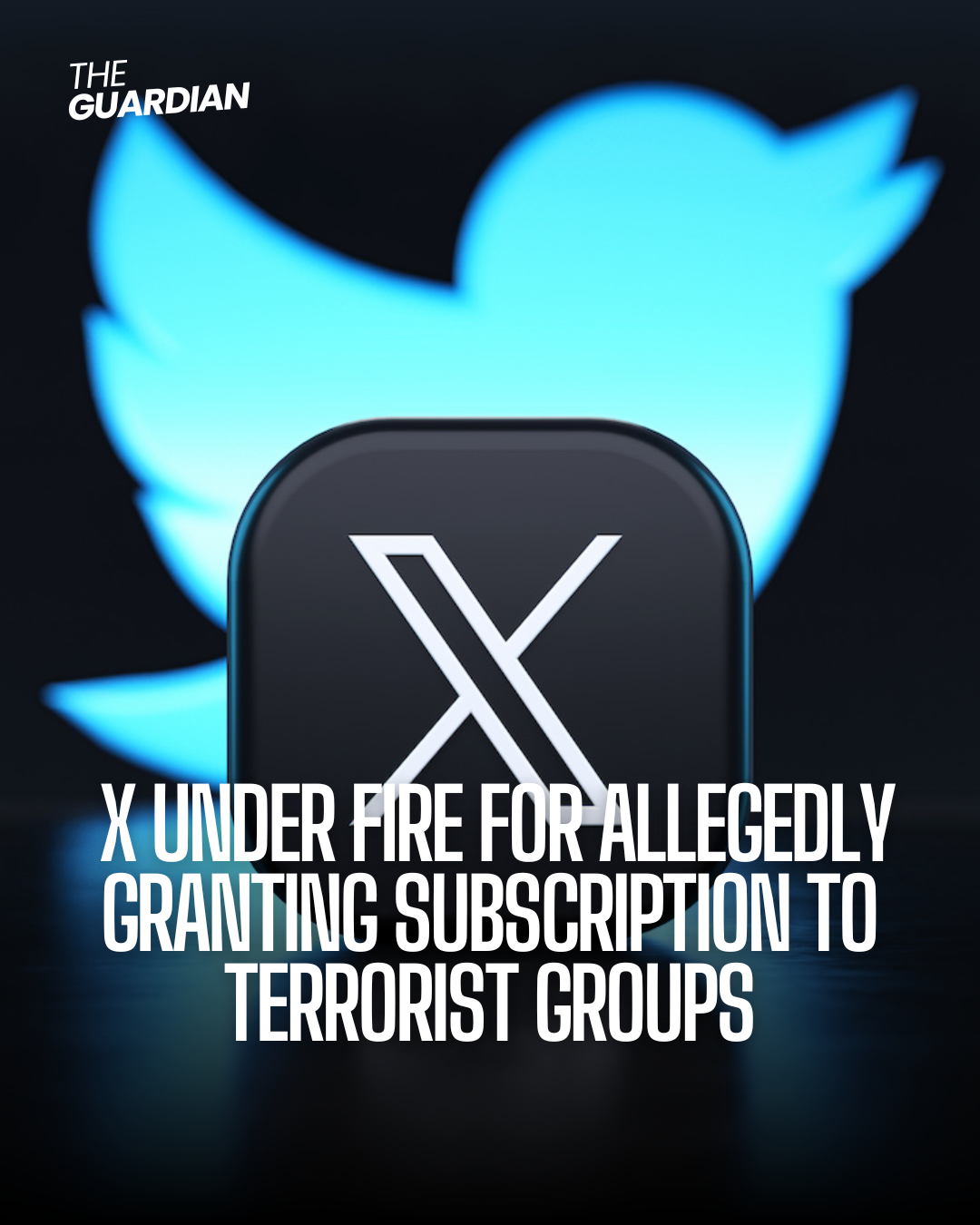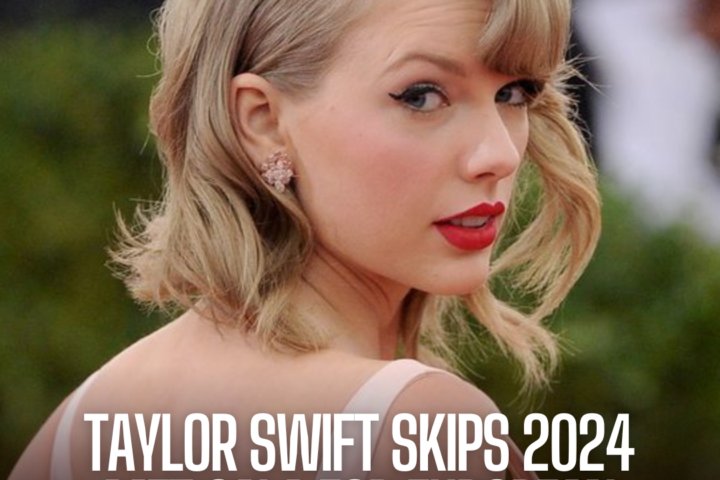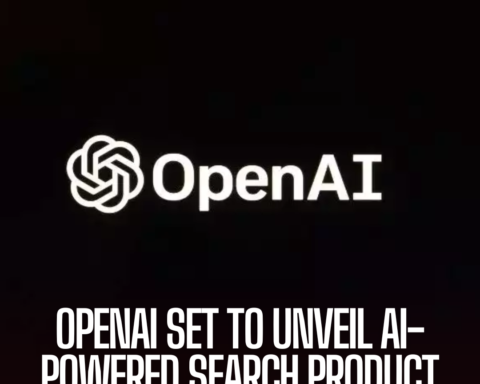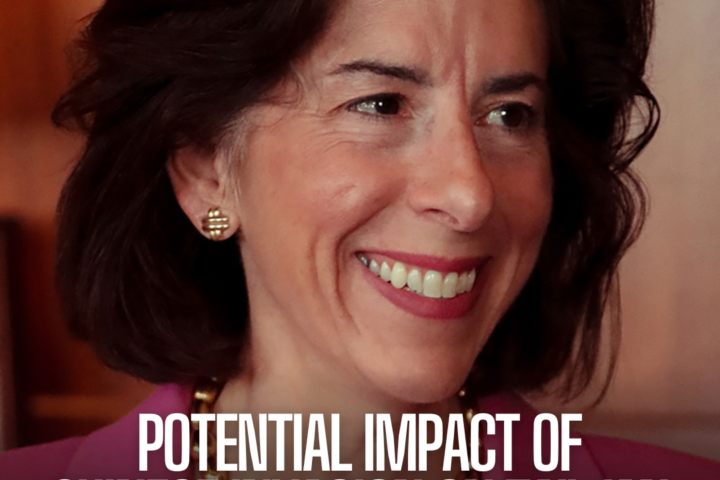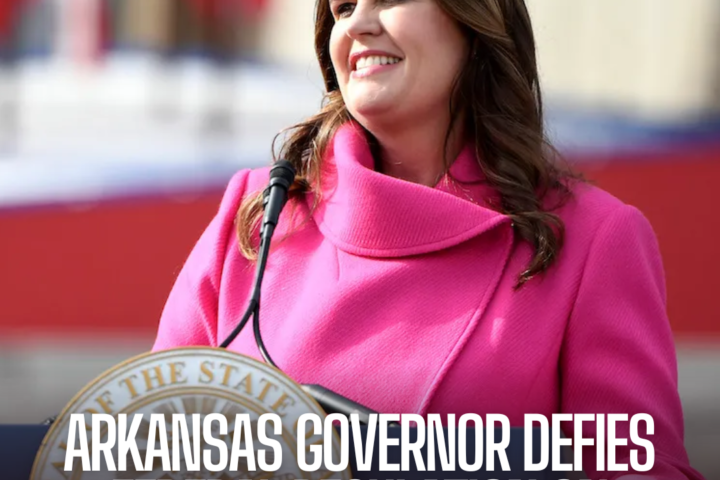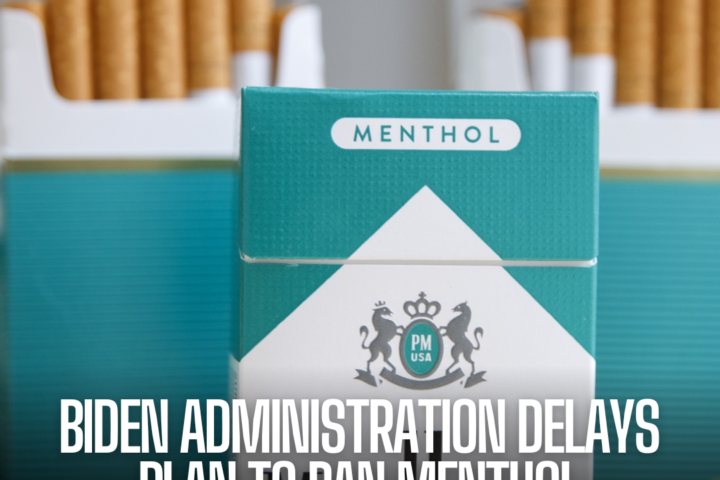Elon Musk’s social media platform X, previously known as Twitter, faces scrutiny after reports surfaced that it granted subscription perks, including blue check marks, to designated terrorist groups and entities barred from operating in the US.
The revelations have sparked concerns about the platform’s security measures and compliance with legal obligations, raising questions about the implications of paid services for controversial organizations.
Subscription Perks for Designated Groups:
The Tech Transparency Project (TTP) alleges that X provided blue check marks, typically indicating verified accounts, to individuals associated with Hezbollah and other entities facing sanctions in the US.
These perks, available for a monthly fee, offer extended post lengths and enhanced promotion features, potentially amplifying the reach of contentious content.
Elon Musk’s decision to monetize verification badges on X stirred controversy, with critics expressing concerns about exacerbating issues of disinformation and impersonation.
The shift from a free verification system to a paid model has raised ethical and regulatory questions, particularly regarding the platform’s role in granting visibility to sanctioned entities.
Legal and Regulatory Implications:
The transition to a subscription-based verification system may introduce new legal challenges for X as it grapples with the complexities of compliance with US sanctions laws.
The TTP suggests that X could inadvertently violate legal obligations and face regulatory repercussions by providing premium services to sanctioned groups.
Response and Accountability:
X has responded to the allegations by asserting its adherence to legal obligations and emphasizing independent screening processes for payment transactions.
While acknowledging the concerns raised by the TTP report, X maintains that it will take appropriate action, including reviewing accounts flagged for potential violations.
Challenges of Platform Governance:
Critics argue that X’s alleged facilitation of subscription perks for controversial entities reflects broader platform governance and accountability challenges.
The platform’s efforts to balance free speech advocacy with content moderation have been scrutinized, highlighting the complexities of navigating regulatory frameworks and ethical responsibilities.

